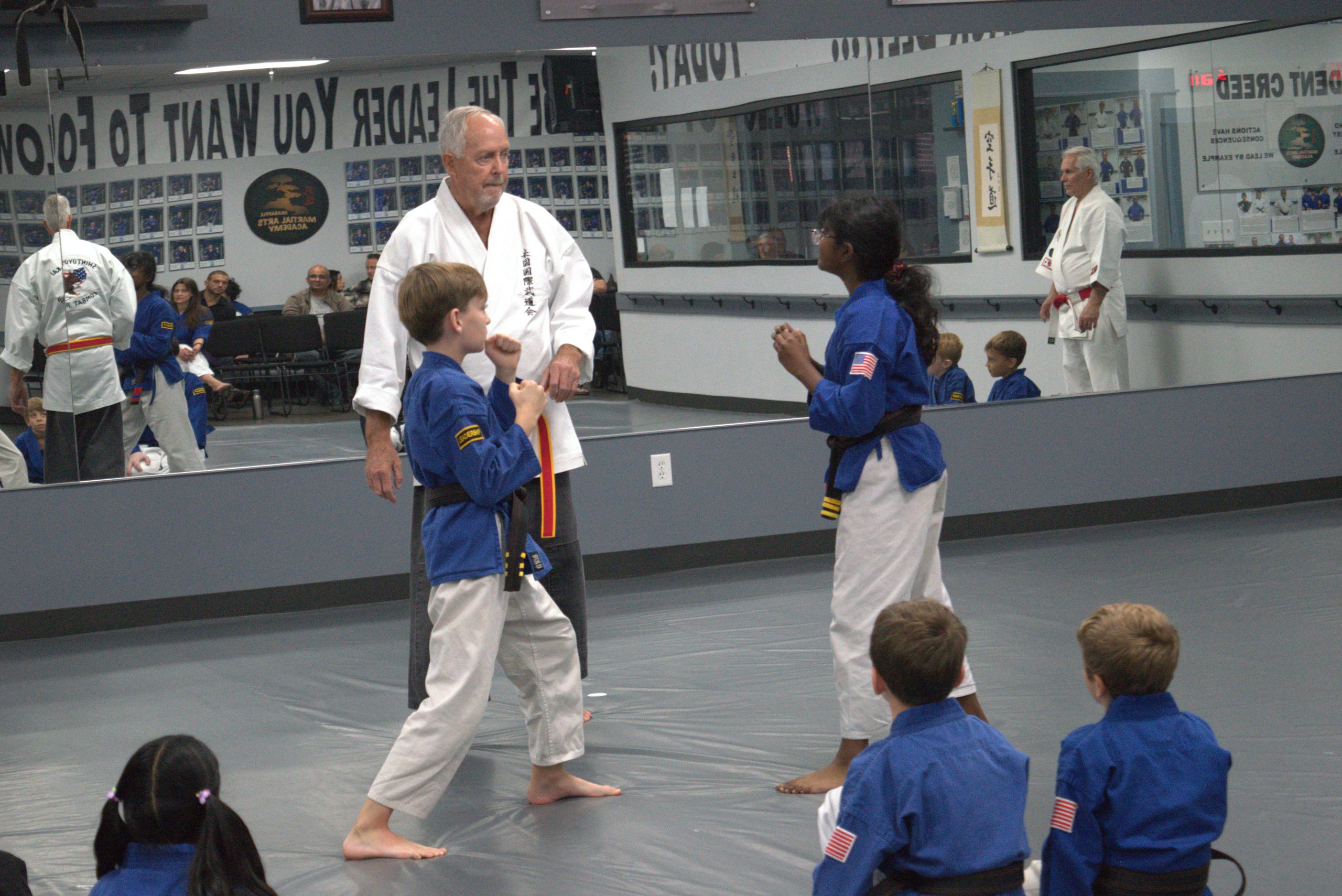How Martial Arts Teaches Kids Respect and Gratitude
“Gratitude is not only the greatest of virtues but the parent of all others.” – Cicero.
On Thanksgiving Day, many families are reflecting on what they’re most thankful for. For parents, fostering gratitude and respect in children isn’t just a seasonal priority—it’s a lifelong goal. These qualities don’t just strengthen family bonds; they also help kids build meaningful relationships and grow into thoughtful, well-rounded individuals. But how do you teach a child to genuinely appreciate what they have and show respect for others? One powerful answer lies in martial arts.
At Crabapple Martial Arts Academy, we see firsthand how martial arts instills respect and gratitude in kids of all ages. These lessons extend far beyond the dojo, shaping the way children interact with their families, teachers, and peers. Let’s explore how martial arts can help your child embrace these values and why Thanksgiving is the perfect time to highlight their importance.
Respect: The Foundation of Martial Arts
Respect is one of the first lessons children learn in martial arts. From the moment they bow upon entering the dojo, they’re reminded that martial arts is about more than physical skills—it’s about cultivating character. Respect begins with simple gestures: addressing instructors as “Sensei,” bowing to training partners, and listening attentively during class. Over time, these actions become habits, shaping the way children interact with others.
In the dojo, students quickly learn that respect isn’t optional—it’s essential. They understand that to progress in martial arts, they must respect their instructors, peers, and themselves. This respect naturally carries over into their daily lives, whether it’s saying “please” and “thank you” at home or showing kindness to siblings. For parents, this shift can be transformative, as children begin to contribute positively to family dynamics.
Respect also teaches children to value authority and rules. In martial arts, discipline is non-negotiable, and kids learn to follow instructions and take responsibility for their actions. These lessons benefit families, especially during busy Thanksgiving gatherings, where teamwork and cooperation are key to keeping things running smoothly.

